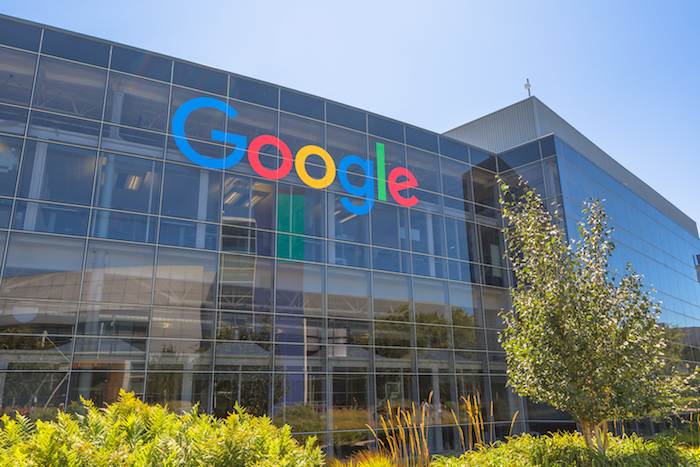In Brief: Journalists on TikTok; Brands With Podcasts
By Dean Essner
October 2019
Big Tech Workers Are Speaking Out Against Their Employers
According to an AP article, employees at big tech corporations such as Amazon, Google and Microsoft are leveraging their power “like never before” to speak out against unethical practices.
Samantha Maldonado writes, “Despite six-figure salaries and unlimited vacation time, many tech workers are questioning the effects of their work and joining forces with their more precarious blue-collar, service and contract-worker counterparts, pressing for better work conditions and pay.”
Maldonado connects this surge in activism — Amazon employees pushing CEO Jeff Bezos to transition the company to renewable energy, Google workers speaking out against its company’s stance on Chinese censorship — to growing inequality in the Bay Area.
As workers watch their Silicon Valley-area companies exacerbate the housing affordability crisis in that region, they hope to change the way corporations treat the people they serve. “As an employee in the tech sector right now, there is a fair bit of guilt or [asking], ‘What is my responsibility?’” said Kellie McElhaney, a professor at the Haas School of Business at UC Berkeley.
Can TikTok Videos Inspire a New Generation of Washington Post Readers?
Earlier this year, TikTok turned a self-released rap-country song in “Old Town Road” into the biggest hit in Billboard history. Can it also inspire Gen Zers to pick up The Washington Post?
To shake up the struggling print journalism formula and boost its brand — in 2018 Pew Research Center found that social media sites had surpassed print newspapers as the go-to news source for Americans — the Post has started creating lighthearted newsroom videos for the popular mobile video app.
In one segment, Post video producer Dave Jorgenson, who compares the tone of the videos to NBC’s “The Office,” sneaks up on Pulitzer Prize-winning reporter David Fahrenthold to see what he’s working on. In another, a staff member enviously eyes her pop culture-writing colleague for getting paid to watch Bravo shows at her desk.
Though it’s unlikely the Post’s nearly 80,000 TikTok subscribers also read the paper every day, Jorgenson says the brand awareness is valuable. “People on this app are the people of the future, whether you like it or not,” he says. “From a business perspective, I don’t know why you would ignore that.”
Companies Are Now Using Podcasts to Tell Brand Stories
If you checked the iTunes podcast charts in May 2018, the No. 5 most downloaded show wasn’t an NPR or Gimlet Media product. It was a podcast produced by Trader Joe’s, dedicated to its store’s inner workings.
According to a recent New York Times article, “Inside Trader Joe’s” is hardly an anomaly. Over the past few years, companies like McDonalds, Microsoft and Lyft have been creating their own podcasts to connect with consumers and offer anecdotes about the brand.
“You get to catch that busy person where you couldn’t normally get them,” said Rob Walch, a vice president at Libsyn, a podcast distributor that works with companies developing branded content. “They’re listening with earbuds, and you’re literally inside their head.”
While most stick with brand stories, a few companies are taking a more experimental approach to audio content; General Electric Co. has a sci-fi podcast. “We’re always thinking about how to make sure as a brand we’re relevant, we’re contemporary and we’re interesting,” said Linda Boff, the CMO at General Electric.
How to Write a Thank-You Email After a Job Interview
For strategic communications leader Dustin McKissen, a thank you email may be the difference between snagging and losing a job you’re seeking. “A thank you note is literally your last chance to sell yourself to an employer,” he writes in a CNBC blogpost.
Citing experts from Yale University’s Office of Career Strategy, McKissen recommends prospective job candidates send their thank you emails between 24- to 48-hours after an interview and keep things to a lean 250-300 words.
He also advocates for using the platform as an opportunity to show you were listening closely during your interview; candidates should mention an aspect of the company that excites them or even comment on a small, minute detail that an interviewer may have mentioned. “[You can] wish them safe travels if they said they were going overseas for an upcoming vacation,” he writes.
However, what you choose to write may be secondary to the quality of the writing itself, especially if you’re trying to get hired in a communications role. Says McKissen, “A sloppily written letter can blow your chance at getting the job, so always do a thorough check before hitting that send button.”



